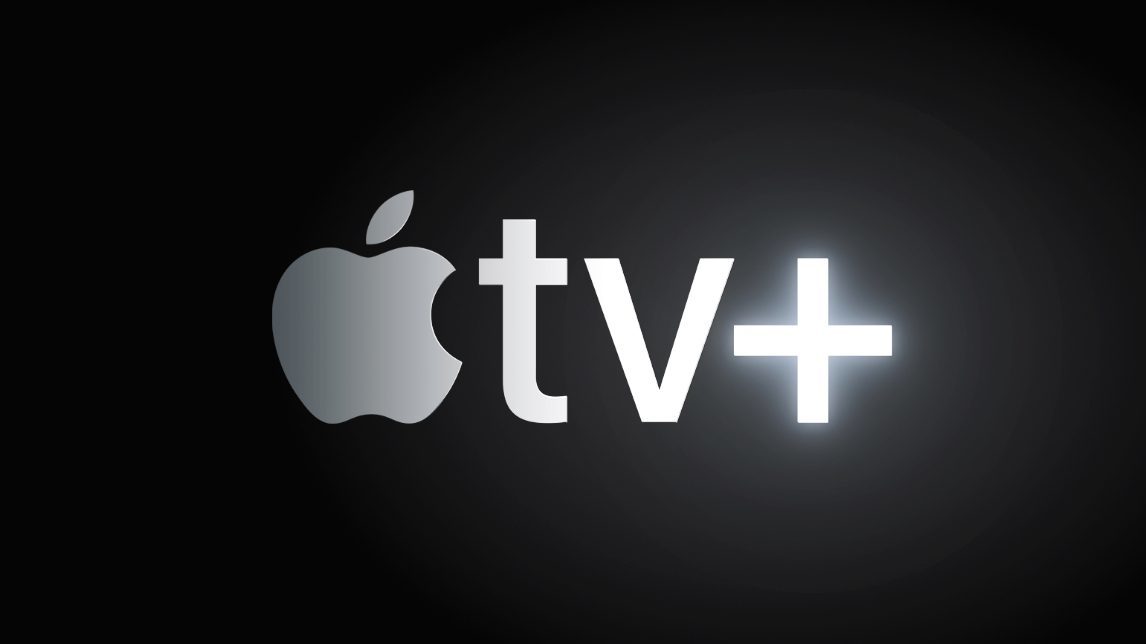The Rise of Digital Mental Health Apps: Benefits and Concerns
Explore the rise of digital mental health apps, their benefits, and concerns surrounding their use for mental well-being.

The Rise of Digital Mental Health Apps: Benefits and Concerns
Explore the rise of digital mental health apps, their benefits, and concerns surrounding their use for mental well-being.
In today's fast-paced world, mental health has become a topic of vital importance. As we navigate our busy lives, the need for accessible and effective tools to manage our emotional well-being is greater than ever. Enter digital mental health apps—an innovative solution that has surged in popularity over recent years. These applications promise convenience at your fingertips, offering support whenever you need it.
Whether you're grappling with anxiety, depression, or simply looking to enhance your mindfulness practice, there's an app designed just for you. But while these platforms offer numerous advantages, they also raise questions about efficacy and safety. Join us as we explore the rise of digital mental health apps, their benefits and concerns, and how they fit into the broader landscape of healthcare—especially within self-insured health plans that seek comprehensive solutions for employee wellness.
The role of technology in mental health
Technology has transformed many aspects of our lives, and mental health is no exception. With the advent of smartphones and wearables, individuals can now monitor their emotional well-being with ease.
These tools offer real-time insights into mood patterns and stress triggers. They help users become more aware of their mental state throughout the day.
Teletherapy options have also emerged, connecting patients with licensed professionals through video calls or messaging. This offers flexibility that traditional therapy may lack, making support accessible from nearly anywhere.
Moreover, online communities provide a platform for sharing experiences and resources. Many find comfort in knowing they are not alone in their struggles.
As we explore these advancements further, it's essential to consider how technology complements existing treatment modalities while raising important discussions about privacy and effectiveness.
Types of digital mental health apps
Digital mental health apps come in various forms, each designed to cater to different needs.
Self-help apps often focus on mindfulness and meditation. They guide users through techniques that promote relaxation and stress relief. These tools can be invaluable for everyday anxiety.
Therapy-oriented platforms offer access to licensed professionals via text or video. This allows individuals to receive support without the constraints of traditional appointments.
Other applications center around mood tracking and journaling. Users can log their feelings over time, identifying patterns and triggers that may affect their mental well-being.
Additionally, community-based apps provide forums for peer support. Users connect with others facing similar challenges, fostering a sense of belonging and understanding.
Gamified mental health solutions engage users through interactive content, making the journey towards better mental health enjoyable while educational. Each type serves a unique purpose in the broader landscape of digital mental health care.
Benefits of using digital mental health apps
Digital mental health apps offer convenience like never before. They provide immediate access to resources, making it easier for users to manage their mental well-being on their own terms.
Many of these applications include features such as mood tracking and guided meditation. These tools help individuals identify patterns in their emotions and foster mindfulness.
Cost-effectiveness is another significant advantage. Users can often find affordable or even free options that would otherwise incur high costs through traditional therapy sessions.
Accessibility stands out prominently too. With just a smartphone, anyone can seek support at any time, breaking down barriers related to geography or scheduling conflicts.
Moreover, anonymity encourages open self-expression. Many people feel more comfortable sharing personal thoughts and feelings through a screen rather than face-to-face interactions with a therapist. This openness can lead to greater insights into one’s mental health journey.
Potential concerns with digital mental health apps
While digital mental health apps offer promising solutions, they come with notable concerns. One major issue is the lack of regulation. Many apps are developed without stringent oversight, raising questions about their effectiveness and safety.
User privacy is another critical concern. With sensitive data at stake, how secure is the information shared within these platforms? Breaches can lead to dire consequences for users seeking help.
Moreover, there’s a risk of over-reliance on technology. Some individuals may choose an app over traditional therapy, missing out on personalized care that trained professionals provide.
Not all apps cater to diverse needs. Certain demographics might find limited options tailored to their unique challenges or cultural backgrounds. Access and inclusivity remain significant hurdles in this evolving landscape of mental health support.
Balancing technology and traditional therapy
Navigating the relationship between technology and traditional therapy can be challenging. Both play vital roles in mental health care, yet they serve different purposes.
Traditional therapy offers a personal touch. Face-to-face interactions foster deeper connections and trust. Therapists provide tailored guidance through nuanced understanding of emotions and behaviors.
On the other hand, digital apps bring accessibility to a wider audience. They offer convenient tools for self-management anytime, anywhere. This flexibility is particularly valuable for those who may not have easy access to therapists or who prefer anonymity.
Finding harmony between these approaches can enhance overall well-being. For some individuals, using an app alongside regular therapy sessions creates a comprehensive support system that meets diverse needs.
The key lies in recognizing when to lean on one method over another while ensuring both strategies work together effectively.
Tips for finding a reliable app
When searching for a reliable digital mental health app, start with research. Look for apps developed by professionals in psychology or psychiatry. Credentials matter.
User reviews can provide valuable insights. Check app stores and read through the comments to gauge user experiences.
Ensure the app prioritizes privacy and data security. Read their terms of service carefully to understand how your information will be used.
Consider features that align with your specific needs. Whether it's mood tracking, meditation guidance, or therapy exercises, find an app that resonates with you.
Look for apps that have ongoing updates and support options. An active development team indicates commitment to improving user experience and addressing concerns effectively.
Future of digital mental health apps
The future of digital mental health apps is bright, driven by ongoing technological advancements. As artificial intelligence evolves, these applications will offer more personalized experiences. Users can expect tailored suggestions based on their unique needs and behaviors.
Integration with wearable devices is another exciting possibility. Imagine tracking your mood in real-time through smartwatches or fitness bands. This would create a seamless connection between physical health and mental well-being.
Regulatory frameworks are also expected to strengthen, ensuring user safety and data privacy. With clearer guidelines, users may feel more confident in the reliability of these resources.
Moreover, community features could foster support networks among users facing similar challenges. Sharing insights and coping strategies can enhance the overall experience.
As society increasingly acknowledges mental health's importance, funding for innovative app development is likely to grow as well. This means we might see an influx of new tools designed specifically for diverse populations and needs.
Conclusion
The rise of digital mental health apps marks a significant shift in how individuals approach their mental well-being. These apps are becoming increasingly prominent, especially within self-insured health plans that aim to provide cost-effective solutions for mental health support.
As technology continues to evolve, the potential for these tools seems limitless. They offer convenience and accessibility, allowing users to engage with their mental health on their own terms. However, it's vital that we remain vigilant about the challenges they present.
Finding a balance between technological advancements and traditional therapy is essential for ensuring comprehensive care. By incorporating both methods, individuals can benefit from the strengths of each while addressing any shortcomings.
Navigating this landscape requires careful consideration when selecting an app—trustworthiness and efficacy must be prioritized. As we look ahead, the future of digital mental health applications holds promise but also demands our attention to ensure they serve as effective supplements rather than replacements for professional guidance. Embracing this new era means being informed and proactive in our choices regarding our mental well-being.
What's Your Reaction?
 Like
0
Like
0
 Dislike
0
Dislike
0
 Love
0
Love
0
 Funny
0
Funny
0
 Angry
0
Angry
0
 Sad
0
Sad
0
 Wow
0
Wow
0

























































